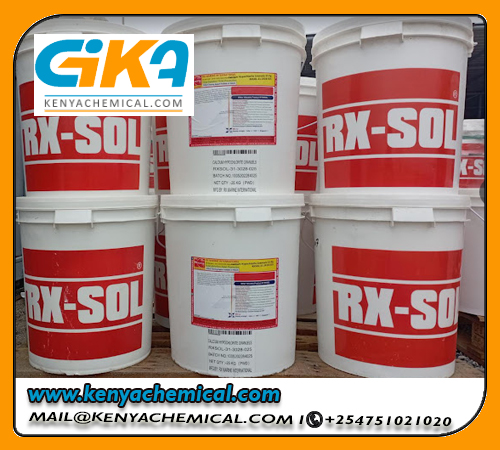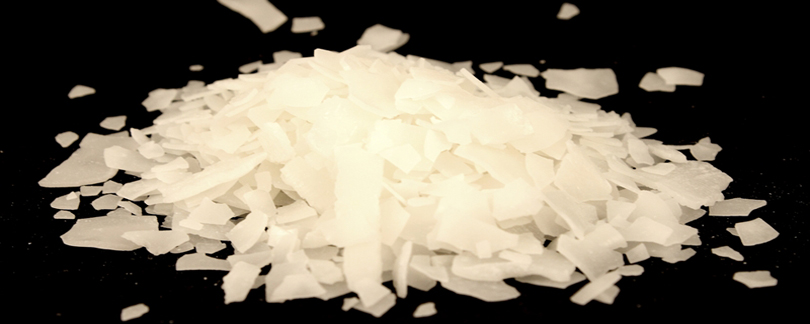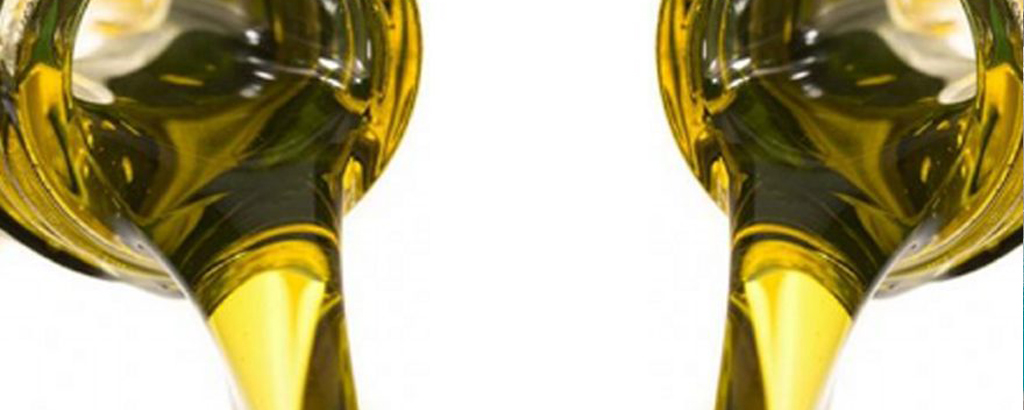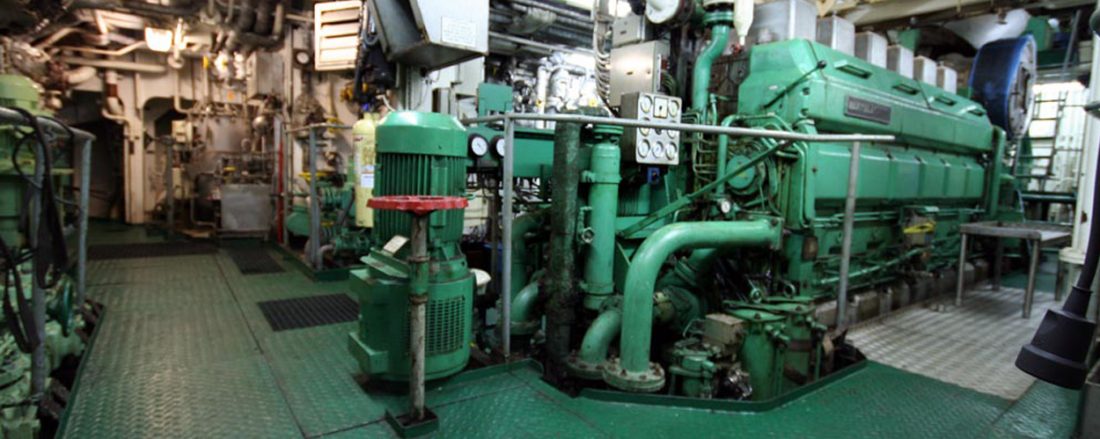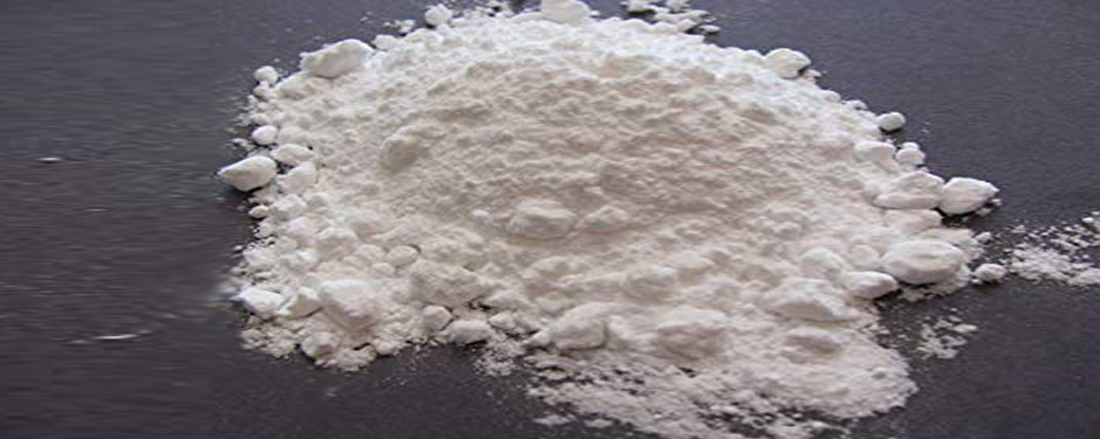pH Booster Morpholine Base manufacturer supplier distributor in Mumbai, Kandla, Kolkata, Vizag, Chennai, India, Fujairah, Dubai, Sharjah, UAE, Gulf, Middle East, Muscat Oman, Kenya Africa. Get the best quality of pH Booster Morpholine Base at a competitive price from us. We have ready stock of pH Booster Morpholine Base in India, UAE Gulf, Oman, Kenya Africa. Contact us for bulk as well as small orders.
RXSOL pH Boosters are liquid alkaline formulation,used as alkalinity source for boiler feed water. It is synergized with properties of pH boosting and water conditioning.
Morpholine have unique pH adjusting qualities and uses and distribution throughout the steam plant helps to protect from corrosion. Morpholine is often used in conjunction with low concentrations of hydrazine or ammonia to provide a comprehensive all-volatile treatment chemistry for corrosion protection for the steam systems of such plants. Morpholine decomposes reasonably slowly in the absence of oxygen at the high temperatures and pressures in these steam systems.
Boiler water pH booster or alkalinity builder is a multipurpose Boiler Water Treatment Chemical that increases the alkalinity and pH of boiler water for corrosion inhibition and also aids in removal of sludge or boiler deposits and prevention of scaling in boiler tubes. Normally the Boiler feed water pH should be at 9.5-10 for avoiding boiler tubes corrosion or rusting due to acidic attack.
STORAGE & HANDLING
pH booster should be stored in an air tight container away from direct heat.
Always store at cool & dry place.
Handle using goggles & do not breathe in the vapours.
Wash thoroughly in case of contact. Do not swallow.
pH Control
Maintenance of proper pH throughout the boiler feedwater, boiler, and condensate systems is essential for corrosion control. Most low-pressure boiler system operators monitor boiler water alkalinity because it correlates very closely with pH, while most feedwater, condensate, and high-pressure boiler water requires direct monitoring of pH. Control of pH is important for the following reasons:
- corrosion rates of metals used in boiler systems are sensitive to variations in pH
- low pH or insufficient alkalinity can result in corrosive acidic attack
- high pH or excess alkalinity can result in caustic gouging/cracking and foaming, with resultant carryover
- speed of oxygen scavenging reactions is highly dependent on pH levels
The pH or alkalinity level maintained in a boiler system depends on many factors, such as sys-tem pressure, system metals, feedwater quality, and type of chemical treatment applied.
The corrosion rate of carbon steel at feedwater temperatures approaches a minimum value in the pH range of 9.2-9.6 . It is important to monitor the feedwater system for corrosion by means of iron and copper testing. For systems with sodium zeolite or hot lime softened makeup, pH adjustment may not be necessary. In systems that use deionized water makeup, small amounts of caustic soda or neutralizing amines, such as morpholine and cyclohexylamine, can be used.
In the boiler, either high or low pH increases the corrosion rates of mild steelThe pH or alkalinity that is maintained depends on the pressure, makeup water characteristics, chemical treatment, and other factors specific to the system.
The best pH for protection of copper alloys is somewhat lower than the optimum level for carbon steel. For systems that contain both metals, the condensate and feedwater pH is often maintained between 8.8 and 9.2 for corrosion protection of both metals. The optimum pH varies from system to system and depends on many factors, including the alloy used
To elevate pH, neutralizing amines should be used instead of ammonia, which (especially in the presence of oxygen) accelerates copper alloy corrosion rates. Also, amines form protective films on copper oxide surfaces that inhibit corrosion.
Hardness Stabilizer: Chemically modified Polycarboxylate material of low molecular weight and is non-volatile. Used for scale inhibition in seawater treatment and as dispersing agent. Prevents formation of deposits caused by Calcium carbonate, Magnesium hydroxide, Calcium sulphate or Barium sulphate. Suitable for all applications in which stabilization of hardness and prevention of crust formation is required. Appearance : Clear Liquid,Density (g / cm3) @ 20 Degree Celsius : > 1 , pH @ 20 Degree Celsius 5 - 7 , Viscosity (mPa.s) @ 20 Degree Celsius : less than 120 ,Solid Content : Approx. 40% ,Water solubility: Completely soluble, Chemical characterization: Sodium Polyacrylate, modified,aqueous solution.
#POC3000manufacturerKUWAIT
#POC3000supplierKUWAIT
#POC3000manufacturerUAE
#POC3000manufacturerOMAN
Key Features & Benefits:-
Minimizes corrosion of feed water tank, lines and pump
Imparts water and sludge conditioning to minimize scaling and deposition
Compatible with other treatment Chmicals
Completely biodegradable chemicals
Its antiscale property helps and Prevent from Scaling
Minimum downtime required for descaling
Multipurpose,therefore easy to use
Proper maintenance of boiler saves Power / Fuel saving upto 70%. Formation of Scale is major issue and contol of scale makes Effectively heat transfer which Increase productivity.
| Properties | Unit | Typical Value |
| Form and Appearance | - | Clear Colorless Liquid |
| Odor | - | Characteristic |
| pH (neat) | pH | Alkaline |
| Solubility | - | Completely Soluble in Water |
RXSOL-40-5024-020 have antiscalant property which will help to formation of scale inside the boiler. This makes it profitable for users by savings of power and labor, and increase in production. As Uses of antiscalants is a prime necessity to meet up with production targets.
pH booster is an alkaline liquid formulation designed to increase alkalinity of feed water of boiler. It is also used to reduce corrosion of feed water tank,lines & pump.
CORROSION REDUCTION
pH booster Increases ph of the feed water reducing corrosiveness.it also increases alkalinity in boiler water reducing scaling & corrosion of the boiler metal.
EASY SLUDGE REMOVAL
pH booster is helps in formation of non adherent sludge.it fluidises the sludge which is then removed easily during normal blow-down. non- toxic and non-corrosive liquid formulation and therefore can be handled easily.
RXSOL pH Boosters are dosed depending upon the feed water characteristic and alkalinity requirement. It is compatible with all other treatment chemicals. It is dosed exactly as per the dosage rate and method of RXSOL-50-5001-025
EASY TO HANDLE
pH booster is non- toxic liquid formulation and therefore can be handled easily. pH booster should be dosed continuously. Dose the dilute solution in boiler feed water line.
Hydrazine Hydrate (50 ~ 51% as N2H4);
50 ~ 51% as N2H4 solution, Chloride less than 0.1% as NaCL, For corrosion protection in boilers.
Activated Hydrazine (34 ~ 35% as N2H4).
34 ~ 35% as N2H4, Chloride less than 0.1% as NaCl, Catalyzed Hydrazine solution for corrosion Pr and related equipment.
Morpholine (C4H9NO).
Technical Grade for Boiler Water Treatment. Purity Not less than 99%.
Acid Inhibitor.
For the suppression of Hydrochloric Acid attack on Ferrous alloys, Cuprous alloys and Titanium alloys, effec up to 94°C with efficiency not less than 75% in 5% HCI solution and Acid Inhibitor concentration 2%.
Ammonia 25% (NH4OH).
25% as ammonium Hydroxide used high pressure Boiler water treatment.
It is a clear colorless liquid.
PH 11-12 @ 20 °C.
Density 0.9 g/cm3.
Chloride (CL) 0.002 mg/liter maximum.
Iron (Fe) 0.002 mg/liter maximum.
Hardness Stabilizer (POC 3000) :
Polyacrylate material of low molecular weight.
Non-volatile used for scale inhibition in sea water treatment.
The product is miscible with water in all proportions. And is clear Liquid.
PH valve 5-7.
Density @ 20°C Approx. 40%.
Chemical Characterization Sodium Polyacrylate, Modified, Aqueous solution.
Solidification temperature -20°C.
Flash point >100°C.
Ignition temperature >200°C.

